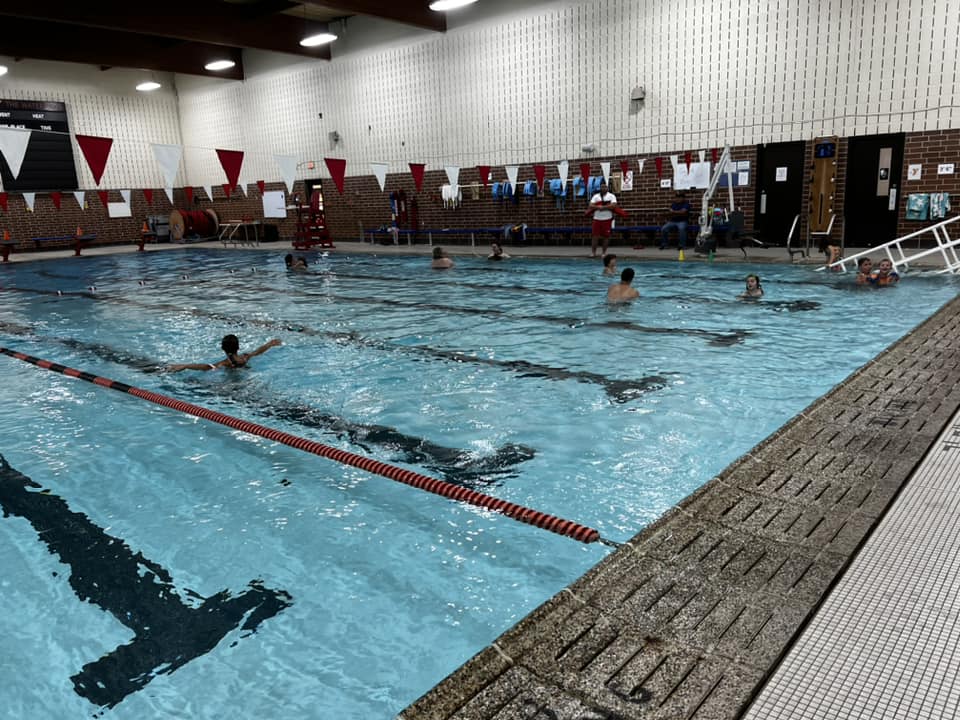SOURCE: Dr. Loukia Agapis, Illinois Shelter Medicine Program Director and Instructor
WRITER: Alli Kimmons, Writer, Illinois Extension
As people look forward to returning to full-time work schedules or vacations away from home, four-legged friends may not have the same feeling. The return to “normalcy” will be hard for many household pets who may have gotten used to more time with their owners and experience separation anxiety. But with some planning and training, pet owners can help their companions cope with these changes.
“Separation anxiety is particularly common among animals that have been rehomed multiple times,” says Dr. Loukia Agapis, director of the Shelter Medicine Program at the University of Illinois College of Veterinary Medicine.
However, separation anxiety can develop in any pet, no matter their background. Signs that a pet may be having trouble adjusting to its owner’s absence include:
- Relieving themselves in the house/outside the litterbox
- Barking, howling, meowing, or crying
- Chewing, digging, destroying things
- Pacing
- Excessive grooming
- Chewing or digging at doors/windows
Most dogs with separation anxiety display these behaviors within minutes of being left alone. Cats tend to demonstrate separation anxiety when their owners are away for a few days, not during a typical workday. During extended absences, cats may benefit from a pet sitter stopping by twice daily for play sessions or even overnight stays.
Pet owners have several strategies for dealing with work-day separation anxiety.
Doggy daycares, boarding at a veterinary clinic, or accompanying their owner to work can be alternatives to routinely leaving a dog home alone for an extended time.
Dr. Agapis urges pet owners to keep their departure and arrival calm and collected, as extended goodbyes and excited homecomings only increase separation anxiety.
Another option is to distract the pet. Providing things for your pet to do both when you are home and when you are gone is important. Some pets enjoy having music or the television during absences.
The way we treat our pets when we are at home can also affect how vulnerable they are to separation anxiety.
“What pet owners do when they are home is key,” says Dr. Agapis. “That is the time we can teach our pets to be more independent.”
Going for walks and playtime when you are together can help pets release energy. And instead of responding to attention-seeking behaviors, reward pets for calm, independent behaviors. By training pets to sleep in their own bed close by, instead of co-sleeping, pet owners lower the chances of their pets developing separation anxiety.
Some pets may still experience separation anxiety despite their owner’s best efforts. While some of their behaviors may frustrate owners, it is important to seek solutions instead of punishing pets.
“Separation anxiety is a reason people relinquish dogs to an animal shelter,” says Dr. Agapis. “I would encourage owners who have exhausted other approaches to speak with a veterinarian or veterinary behaviorist about possible medications for your pet to relieve this common problem. Medication may only be needed for a temporary period to get over a hump.”
Pets are happiest when they get to spend time with their owners, but it’s also their responsibility to help pets become confident and independent when they must be alone.















